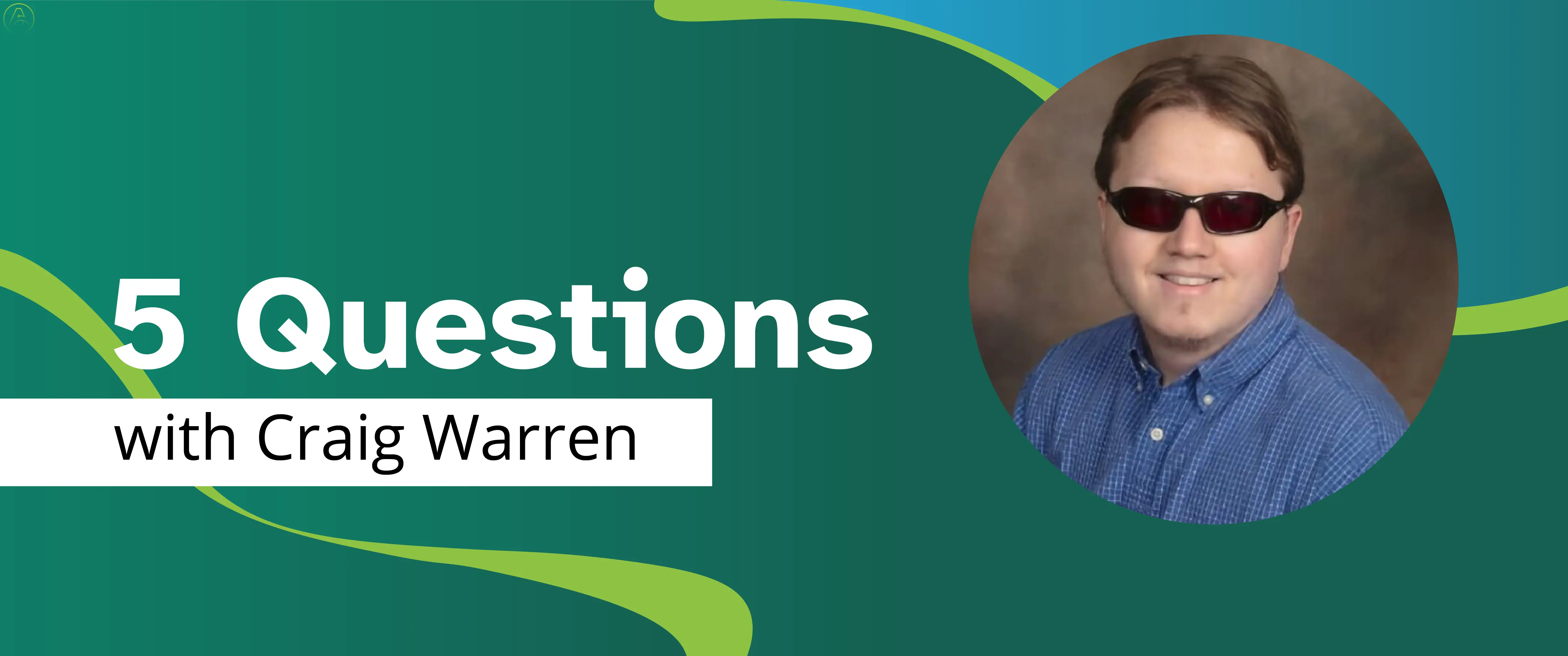In this article, Ability Central will address your long-term care and support questions for people who are mute, including the following:
Where can I find service providers for long-term muteness?
Does the Americans with Disabilities Act (ADA) cover muteness?
What medical and financial aid programs assist people with mutism in the United States?
What mental health issues often accompany muteness?
What support groups are available for someone with muteness and their loved ones?
Where can I get more information about muteness?
Where can I find service providers for long-term mutism?
Regardless of one’s medical conditions, a trusted doctor like a primary care provider (PCP) can be helpful resource to have in your corner. People who are mute in the long term may also need a team of dependable specialists, like a speech-language pathologist, audiologist, or traditional therapist.
Your PCP is the best place to start when looking for specialist referrals, because they may know someone local to you who would best suit your needs. Many private health insurance plans also offer lists of supported specialists. However, these are not the only ways to find a support team.
The American Speech-Language-Hearing Association (ASHA) offers a ProFind tool that connects people to over 20,000 ASHA-certified audiologists and speech-language pathologists who have indicated they are accepting referrals.
In addition, Ability Central’s Service Locator tool is a comprehensive database that allows you to search a wide range of non-profit services throughout the United States.
Does the Americans with Disabilities Act (ADA) cover muteness?
The Americans with Disabilities Act (ADA) protects people with disabilities in several areas, including:
Employment
Transportation
Public accommodations
Communications
Access to state and local government programs and services.
People who are nonverbal sometimes experience discrimination in school or the workplace. The process for requesting and receiving accommodations can be extremely frustrating for someone who does not speak. Luckily, the ADA not only requires schools and employers to provide reasonable accommodations, but also prohibits someone being rejected or unfairly treated by professional and educational organizations alike.
A history of successful settlements reached for schools and workplaces reveal the strength of the ADA in helping people get the accommodations they need for muteness. To find a lawyer or nonprofit that offers ADA legal assistance, check out our Service Locator tool.
If you need help receiving accommodations for muteness, see the helpful links section of the Selective Mutism Association (SMA).
What medical and financial aid programs assist people with mutism in the United States?
When looking for medical coverage for someone with muteness, consider the following government-sponsored options:
Medicare covers people with permanent disabilities and those 65 years old or older.
Medicaid covers people with disabilities who have lower incomes.
The Affordable Care Act (ACA) may also assist those who qualify.
Medigap insurance supplements the person's Medicare coverage.
Social Security Disability Insurance (SSDI) provides people younger than 65 with Social Security disability payments if they cannot work.
Supplemental Security Income (SSI) guarantees a minimum monthly income for people aged 65 or older who are disabled and have minimal financial means.
Many private and government medical insurance programs like Social Security offer coverage for durable medical equipment, or DME. Devices like speech generators or text-to-speech software are considered DME and are often covered if the medical condition warrants the use of a device. Speech-generating devices also include software for your computer or mobile device. To learn more, see the Medicare Coverage Database (MCD).
In addition, speech-language therapy is often covered under Medicare, Medicaid, and private insurance.
What mental health issues often accompany muteness?
Many forms of muteness, selective mutism in particular, often have strong connections to other conditions, including:
Social anxiety disorder
Phobias
Separation anxiety
Post-traumatic stress disorder (PTSD)
Social anxiety, paired with the frustration of not being understood, can make someone who is mute feel extremely isolated or lonely. To that end, many people with mutism need a support network of family and friends. A combination of professional mental health care, support groups, and support through nonprofits specializing in mutism care may also help.
What support groups are available for someone with muteness and their loved ones?
A local speech language pathologist (SLP) will likely have a list of support groups in your area. Schools, universities, and hospitals are also good places to ask for references. See the following resources for muteness support groups both online and in person:
The Selective Mutism Association (SMA) allows you to search for support groups by location.
Selective Mutism H.E.L.P.] offers Support Groups that meet for 45 minutes once a week for four consecutive weeks.
Parents of Children with Selective Mutism is a Facebook group offering support and connection for people with mutism, their families, and providers offering specialist support.
Ability Central also hosts a searchable database of non-profits offering support groups for people with muteness and their loved ones.
Where can I get more information about mutism?
Ability Central offers a series of articles to further your knowledge about mutism. See:
What Keeps Someone From Talking? Information You Should Know About Muteness
For other conditions linked with muteness, see:
Apraxia
Social anxiety disorder
Communication disorders
Obsessive-compulsive behavior (OCD)
Asperger's syndrome



